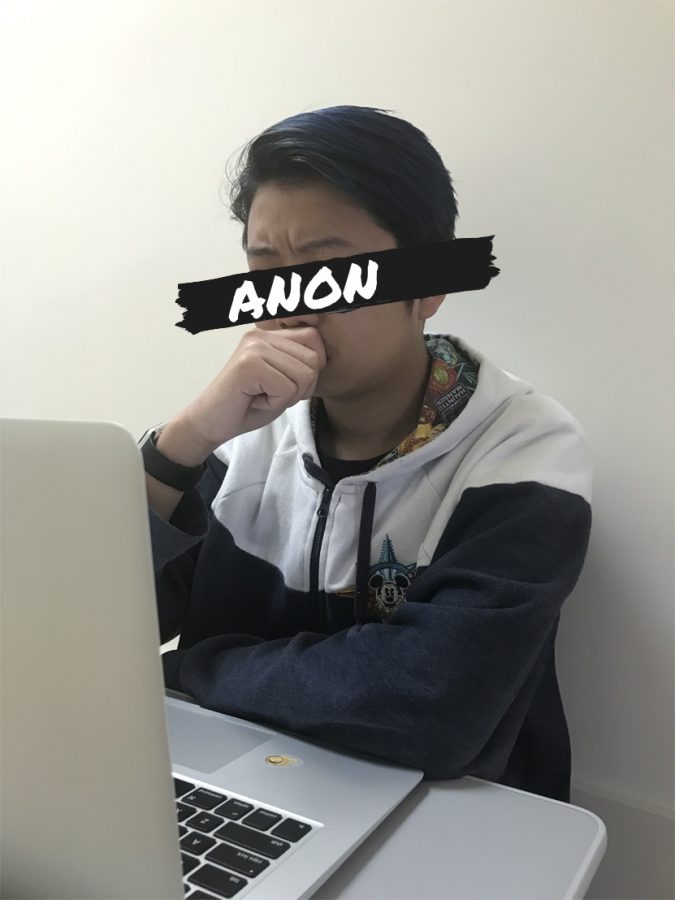Takedown Terrors
A preemptive look at regrets.
It’s crunch time, an article is due and it’s time to get started with it. I type it out, word after word, paragraph after paragraph. I pull quotes from interviews, weaving them in between. It’s a sort of hyperfocus, one that brings me through pages and pages of written work.
By the time I’m done, that’s when it hits me. I’ve just written who-knows-what for a deadline at the last minute. I didn’t give myself time to think about anything else while writing it, much less the time to revise multiple drafts.
So far, I’m pretty proud of the stories that I’ve done in my journalism career. But, there may come a time when I worry more about how people perceive what I’ve written. And I’m not alone in thinking this, especially in recent years as technology has become more prevalent.
“I haven’t had this until the last two years, but I’ve had past students who actually wrote for the Campanile request that their own stories be taken down,” said Rodney Satterthwaite, a Palo Alto High School journalism advisor.
Would future me still be proud enough of what I write now to show them to the world in the future? There’s no way to know, but I can look at what other former student journalists are doing now.
“They’re trying to clean up their profile and they’re going for job interviews and I think oftentimes people want to clean up their digital footprint,” said Brian Wilson, another Paly journalism advisor.
So then, if I were to regret anything I could’ve written and want to clean up in the future what exactly would it take to get it removed?
According to the Student Press Law Center, it comes down to a couple of things. In an SPLC guide regarding takedown requests, the copyright of a piece belongs to the author unless it was created while they were hired. As a high school student journalist, I am not being paid, so technically the copyright belongs to me.
However, there’s also the policy of the publication, and how strict they are about archiving. Given that Anthro is relatively new, there isn’t currently a policy about past staff takedowns, which does not ease my anxiety over this at all.
In other countries, there’s the idea of the right to be forgotten. According to the General Data Protection Regulation, the right to be forgotten is recognized in the European Union, where people are allowed to remove negative references from the internet as a part of their own privacy, as long as the data in question isn’t critical for public info, archiving purposes, or intrude on the freedom of expression of others.
However, in the US, this right doesn’t exist. According to the First Amendment Encyclopedia, the Internet instead exists to catalogue everything that has been published and is protected under the First Amendment as a part of free expression. As long as what’s written isn’t libelous, it can’t be taken down.
At the end of the day, I don’t think my fear that I might regret something will ever go away. But the same goes for every other action. What we do now can cause any number of changes to our futures.
The key thing that journalism students, myself included, need to realize is that, yeah, what we’ve said before might not be what we agree with in the future. This story itself has gone through a couple of drastic topic changes, and, during my time sourcing, I was given a bit of advice that I feel like everyone could use.
“I think we have to give more credibility to this idea that people’s beliefs can change over time and that’s okay,” Satterthwaite said. “But I think expressing opinions now, you learn new information, and that’s how you become a more intelligent human being.”
I think I’ll roll with that for now.
